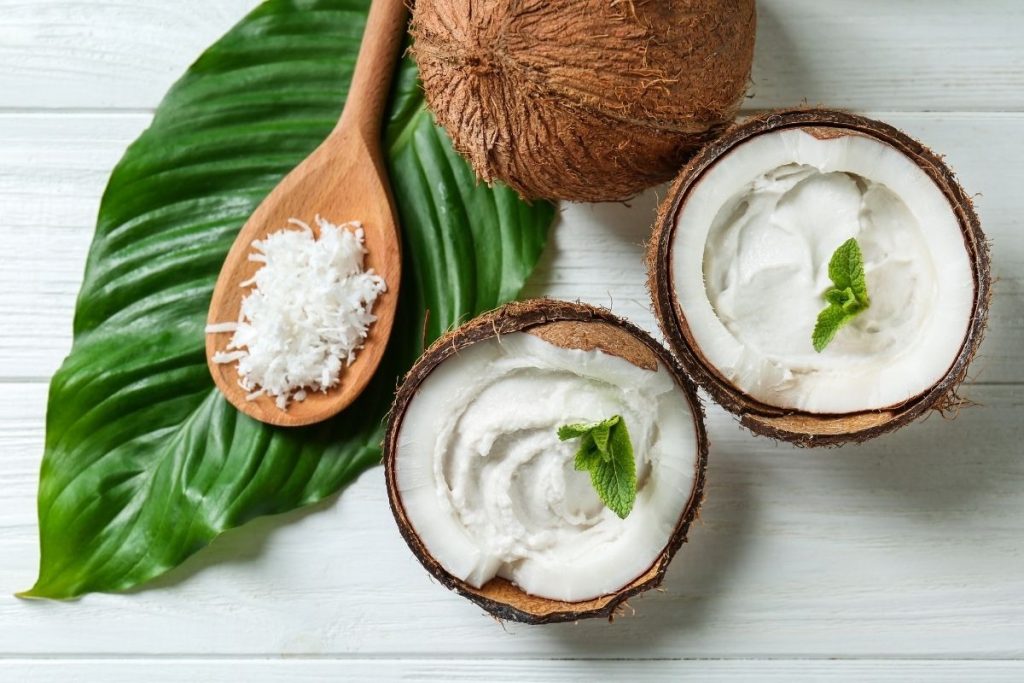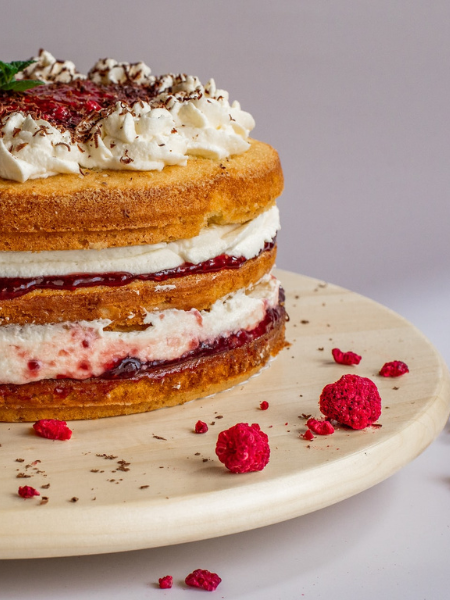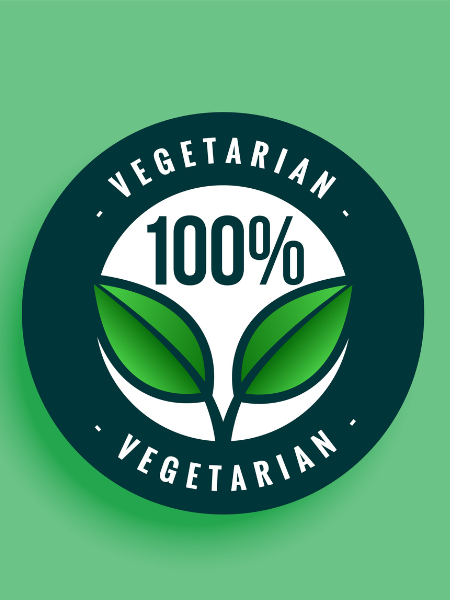
Two of the most adaptable and often used ingredients in modern cookery and baking are coconut cream and milk. Coconut cream and milk are the ideal additions to your kitchen for making savory sauces, and creamy desserts, and adding richness to baked products. These components are appropriate for people who follow a dairy-free diet because they are loaded with health advantages and make a perfect substitute for dairy products. The numerous advantages of utilizing coconut cream and milk in your baking and cooking are covered in this article.
Health Benefits

Medium-chain triglycerides and other beneficial fats can be found in abundance in coconut milk and cream (MCTs). These are frequently utilized in supplements for weight loss and physical activity since they are quickly digested by the body and transformed into energy. Lauric acid, which has been demonstrated to lower cholesterol levels and strengthen the immune system, is also abundant in coconut cream and milk.
Additionally free of dairy, gluten, and soy, coconut cream and milk are a fantastic alternative for people with dietary allergies and sensitivities. Coconut milk and cream are excellent choices for people on a low-carb or ketogenic diet because they are both naturally low in sugar and carbs.
Cooking and Baking

Coconut cream and milk are incredibly versatile ingredients that can be used in a variety of dishes, from savory sauces and soups to sweet desserts and baked goods. The rich and creamy texture of coconut cream makes it an ideal substitute for heavy cream, while the thin and watery consistency of coconut milk is perfect for soups and sauces.
When baking, coconut cream can be used as a replacement for whipped cream, adding a rich and creamy texture to your desserts. Coconut milk can also be used in baking, giving your baked goods a subtle coconut flavor and a tender, moist texture.
Dairy-Free Substitute

Coconut cream and milk are adaptable dairy substitutes that are ideal for people who avoid dairy in their diets. In recipes, coconut cream can be used in place of heavy cream to provide richness and creaminess without utilizing dairy ingredients. Additionally, it can be used in baking and cooking to give food flavor and texture. Similarly, coconut milk can be used in place of cow’s milk in beverages like coffee and tea to provide a creamy texture and a faint coconut flavor. It’s crucial to remember that coconut milk doesn’t have as many nutrients as cow’s milk, but it can still be a fantastic dairy substitute. Additionally, some people prefer coconut milk for its sweeter taste and lighter consistency. Overall, coconut cream and milk are great options for anyone looking to go dairy-free.
Environmental Impact

Coconut milk and cream are healthier alternatives to dairy products than they are for the environment. They also taste better. Because coconut trees use less water and fertilizer than other crops, and because their leaves and shells can be used as natural fertilizer, they are a sustainable crop. Coconuts are a more ethical choice than dairy products because they are also a source of food and income for many communities across the world.
Conclusion
Whether you’re whipping up a savory sauce, preparing a creamy dessert, or adding richness to your baked goods, coconut cream, and milk are the perfect additions to your kitchen. These ingredients are packed with health benefits and are also a great alternative to dairy products, making them suitable for those who follow a dairy-free diet. With their versatility, health benefits, and environmental impact, there’s no reason not to add coconut cream and milk to your cooking and baking routine. So, next time you’re in the kitchen, reach for a can of coconut cream or milk and enjoy all the benefits that these ingredients have to offer.








